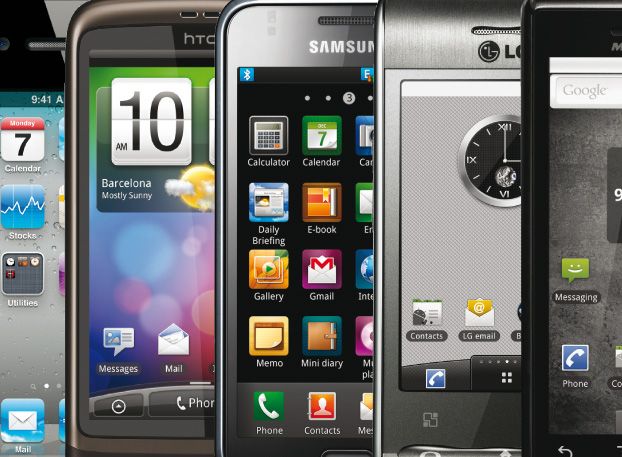

Intel could be about to get into the TV business in order to compete with the likes of Google and Apple, at least according to one report.
According to The Wall Street Journal, Intel executives are looking to create a virtual TV network that would broadcast US television channels over the Internet. Users would pay for the ability to see the content over a host of connected devices, from televisions to smartphones to PCs.
The chip giant reportedly is planning to create a “virtual cable operator” that will bundle the TV content, and would include an Intel-powered Web-hosted set-top box that would stream the TV service. In addition, Intel would offer an interface that users would leverage to browse and select the viewing options.
According to the Journal, which quoted “people familiar with the effort,” Intel officials have been talking with media companies about the idea, and have told the companies they are aiming to launch the service by the end of the year. They’ve even gone so far with the media companies as to request rate cards from some of them. Rate cards lay out what programming is available and at what cost, though the Journal said that it doesn’t seem that any programming deals have been cut yet, according to an unnamed source.
Intel has not commented on the issue.
Those markets have been dominated by chips designed by ARM Holdings and manufactured by the likes of Nvidia, Texas Instruments, Qualcomm and Samsung. Still, Intel expects smartphones and tablets powered by its chips to start rolling out this year. Intel also has struck up a deal with Google to optimise the Android operating system on Intel technology.
Intel also has brought in wireless technologies through acquisitions, most significantly through its $1.4 billion (£892m) purchase of Infineon’s wireless chip technology, a deal that closed in January 2011.
Intel also has been the key driver behind the Ultrabook push, which aims to compete with tablets and Apple’s MacBook Air notebooks.
Intel also has been growing its software business, both internally and through acquisitions, such as the purchase of security software maker McAfee for $7.68 billion (£4.9bn) last year. Such acquisitions enable Intel to expand the capabilities of its processors.
With the TV push, Intel is hoping to capitalise on the demand for greater processing power as homes become more technologically advanced and connected. However, there are some key challenges facing the chip maker, according to the Journal. Key among those are programming costs. Currently, cable and satellite companies and telecoms pay almost $38 billion (£24bn) a year to license TV channels, and those costs are rising. And while Intel’s virtual service could offer smaller and cheaper bundles, media companies tend to resist such moves because they make more money on larger packages.
Bandwidth also could be a problem, though some believe Intel is not as worried about that issue. Intel also could face a challenge in what TV channels it could stream. Some channels don’t have Internet rights to all of their own shows, making it difficult to air all shows per a channel’s lineup. Some would need to be streamed on demand instead.
How much do you know about smartphones? Take our quiz.
Apple fined 150m euros over App Tracking Transparency feature that it says abuses Apple's market…
OpenAI to release customisable open-weight model in coming months as it faces pressure from open-source…
Samsung's Bespoke AI-powered fridge monitors food to create shopping lists, displays TikTok videos, locates misplaced…
Huawei sees 38 percent jump in consumer revenues as its smartphone comeback continues to gather…
In world-first, China approves commercial flights for EHang autonomous passenger drone, paving way for imminent…
Microsoft closes down IoT and AI lab it operated in Shanghai tech district in latest…